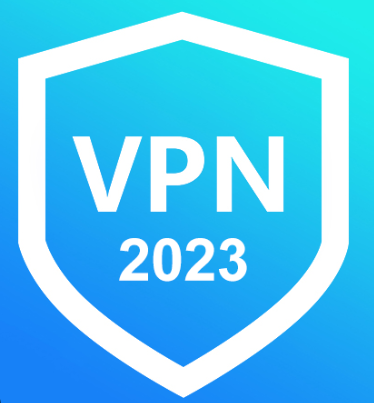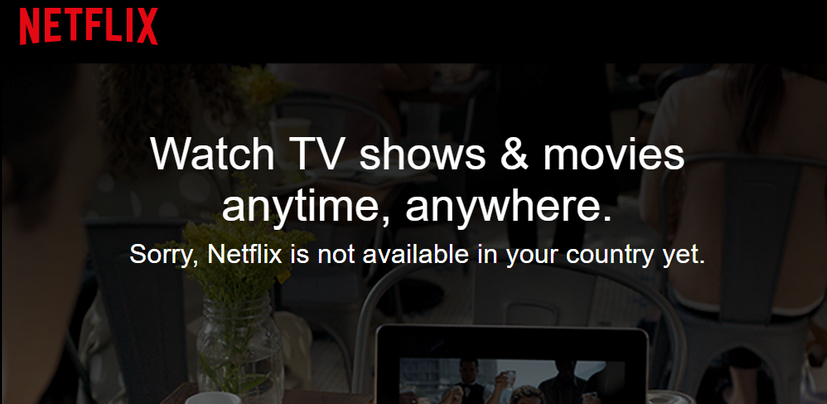A VPN is primarily used to ensure privacy when online but it has many other uses. For example, it can be used to access restricted/censored websites, log in to sensitive accounts, as well as to use public WiFi safely.
VPNs have a lot of uses, which is one of the reasons why they are so popular. If you’re new to VPNs, here are 9 ways you can use a VPN in 2023.
5 popular things VPNs are used for
- Streaming
When VPNs went mainstream, users quickly found that they were great tools to be used with streaming services. It’s no secret that streaming services, Netflix specifically, show users content based on their location. Some streaming services are not even available in many countries.
The reason users in different countries get access to different content is because of licensing agreements. Streaming services don’t necessarily control this but it’s, nonetheless, very annoying. Users in the US have by far the biggest selection of Netflix movies and TV series, which many users outside the US find unfair as they pay almost the same prices but get less content.
VPNs are tools that users can use to spoof their locations so they are perfect for streaming.
- Privacy
The most important feature of a VPN is protecting users’ privacy. This is especially relevant nowadays when our information is so easily accessible to advertisers and all other interested parties.
When connected to a VPN, what users do online will not be connected to them. This is especially important for certain users who are located in dictatorship countries.
- Gaming
There are a couple of reasons why users use VPNs for gaming. One of the reasons is that it allows users to play games that could otherwise be unavailable to them because of their location.
Another reason is to avoid DDoS attacks from other players as online gaming can get quite intense and some players tend to take it too far.
- Torrenting
VPNs are also recommended for users who torrent. It’s not a good idea to torrent copyrighted content because it’s technically content theft but if users were to do it, they should be using VPNs to avoid being tracked by authorities.
- Preventing ISP throttling
Some users use VPNs to prevent IPS (Internet Service Provider) throttling. In some cases, especially during particularly busy times, ISPs try to reduce strain on their network This essentially means some users have their Internet speed reduced. This can happen if you are, for example, downloading a particularly large file when the network is strained.
When users are connected to VPNs, ISPs do not know what users are doing, thus they cannot reduce their speed.
Additional things VPNs allow you to do
- Browse the Internet anonymously
For many users, the anonymity that VPNs provide is the biggest selling point. Even when users are not doing anything illegal, it’s quite uncomfortable to think about the fact that someone could be monitoring their online activities. Internet use is a very personal matter, and even if IPSs are not actually monitoring what users are doing, it can still feel uncomfortable.
VPNs provide anonymity to users when they’re online because they encrypt traffic, which makes it unreadable to the ISP, and in turn, to the government. This is especially important for users who are located in countries that, for example, do not tolerate any kind of government criticism. For those users, the ISP knowing what they are doing online could have very serious consequences.
- Access geo-restricted/censored websites
Just like some streaming services have geographical restrictions, websites do as well. For example, users in China cannot access a lot of websites, including social media platforms because of censorship. And users in Europe cannot access loads of websites because of GDPR. This is especially the case with US news sites. Those sites do not comply with GDPR and thus cannot allow users located in Europe to browse them. The majority of those sites are still inaccessible 4 years after GDPR came into effect so a VPN is a good option for users who want access to them.
- Use public Wi-Fi safely
Users are always discouraged from using public WiFi. Even if public WiFi is password protected, if the password can be obtained by anyone, it’s not safe to use it. Malicious actors can connect to these public networks and use certain ways to spy on what users are doing. Their traffic would be completely visible to the malicious actors, which is why it’s dangerous.
However, when connected to a VPN, using public WiFi becomes safe. A VPN user’s traffic would be encrypted entirely, thus not visible to anyone who may be watching.
- Access sensitive accounts safely
Logging in to sensitive accounts like email, online banking, social media, etc., should only be done when on secure networks. Better yet, it should be done when connected to a VPN as well. Otherwise, login credentials may be vulnerable to theft.

